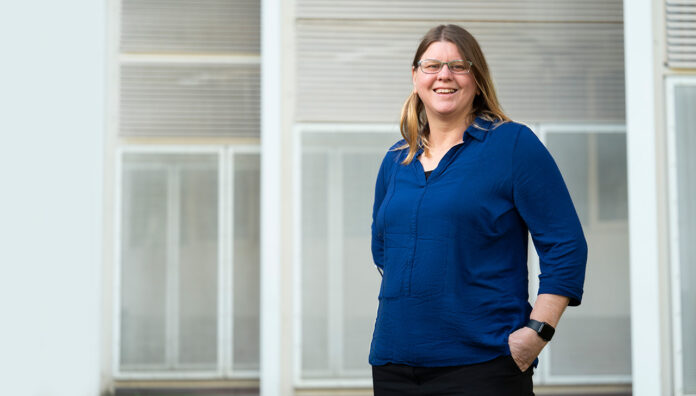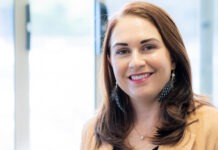Thanks to a midlife career change, PSA’s 2024 ECP of the Year Jackie Lockley MPS feels she is exactly where she’s meant to be.
 As she approached 40, Jackie Lockley took stock of her life and decided it was time for a change. Although she enjoyed her job in a medical research laboratory, the mum of three wanted to feel like she was making a difference.
As she approached 40, Jackie Lockley took stock of her life and decided it was time for a change. Although she enjoyed her job in a medical research laboratory, the mum of three wanted to feel like she was making a difference.
‘I worked in pathology for 9 years as a medical scientist and collector, and then in medical research, but I knew I couldn’t do it forever,’ says Ms Lockley. ‘My eldest child was 15 when I went back to uni to study pharmacy. Towards the end of my degree, it felt like I was in class with people the same age as my children, which was interesting.’
Ms Lockley did her intern year at Capital Chemist O’Connor in Canberra’s suburbs, and was registered as a pharmacist 3 days before the first COVID-19 lockdown.
It was an eye-opening and exhausting experience, but incredibly rewarding, and she hasn’t looked back. ‘I love what I do,’ she says.
‘I’ve found I’m quite good at developing relationships with people and following them through. I’m about to start a new job, and the hardest thing will be leaving my regulars.
‘They’ve seen me grow as a pharmacist over the last 6 years and I’ve come to be someone they can trust … It took me some time to get here, but I know it’s where I’m meant to be.’
Pharmacogenomic focus
When Ms Lockley heard about pharmacogenomics during a PainWISE seminar in her intern year, she saw an opportunity to combine her experience in pathology and genotyping with her new career.
It’s a passion she has held on to, and she now facilitates the use of take-home DNA tests in the pharmacy and has delivered training to a wide range of other health professionals.
‘I have a history of self-harm from when I was a teenager, and I was put on several different antidepressants until we decided that none of them worked for me. With testing, we can help reduce this trial and error by looking at whether someone is metabolising their medication properly.
‘I’ve now built relationships with GPs. I also get referrals from a private psychiatric ward and from local psychologists.’
Community contributions
Outside of work, Ms Lockley founded Self-Harmers Anonymous Australia, a 12-step program modelled on Alcoholics Anonymous. She also volunteers with the Salvation Army, answering questions on everything from what different medicines do, to how people can
access alcohol and other drugs services.
‘Although it’s lovely having your local pharmacy, in this day and age not everyone does,’ she says. ‘But at the Salvos, I have time to sit and talk with people and not worry about having a pile of scripts waiting.’
Currently, Ms Lockley has one subject left of a Bachelor of Nutrition degree, in which she enrolled the day she sat her intern exam, and she is thinking about what’s next on her horizon.
‘I love the fact that with pharmacy I can continually learn.’
Q&A
1. What is the one scope of practice change you’d most like to see?
I don’t think there is one specific scope of practice change that I could pinpoint. I think that any expansion of scope that allows us to help and treat people in a timely and effective manner can only be beneficial to both them and the healthcare system.
2. What advice would you give to your younger self?
It doesn’t matter if it takes you a bit longer to start doing what you are meant to be doing; nothing goes to waste, neither your experiences nor your learning. Instead, they will allow you to practise in a way you would never think possible.
3. What pharmacist role do you see yourself performing in 2030?
I would like to be in an ownership role and implementing pharmacogenomics as standard practice – and, possibly, educating other pharmacists and health professionals to its role in
ensuring that we provide the right medicine at the right dose to the right patient.



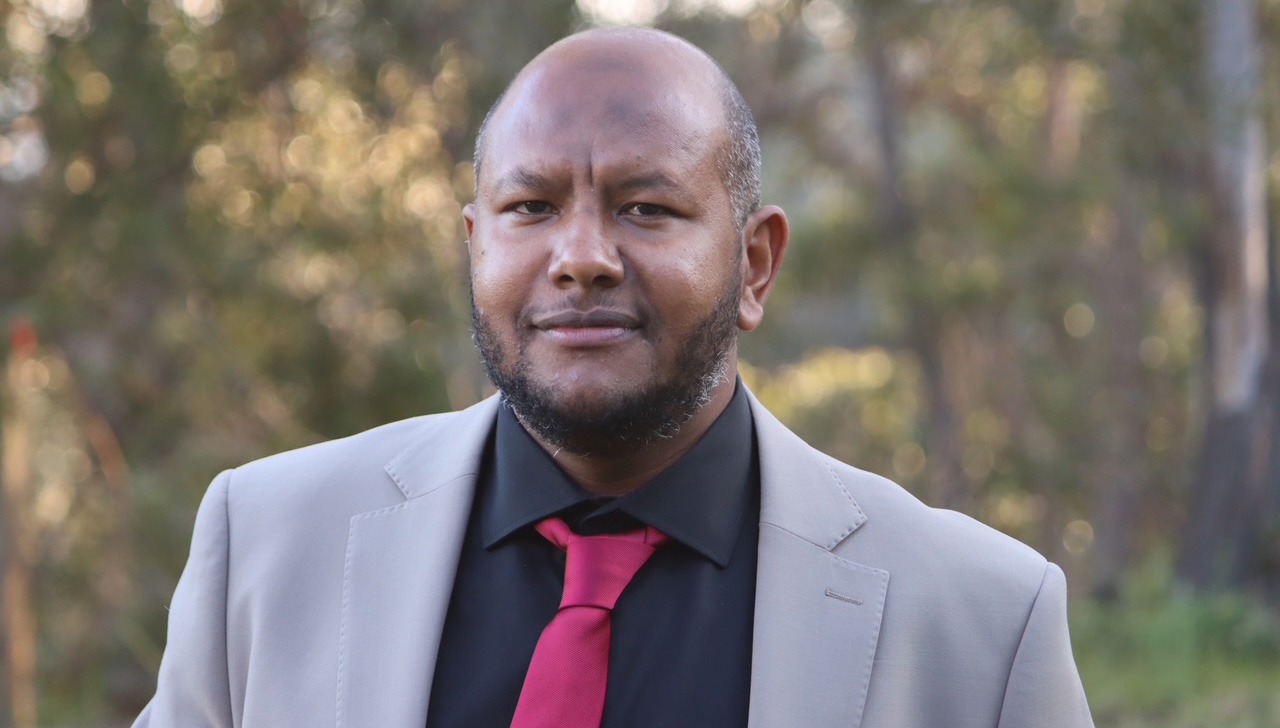 Now a PhD candidate, former Sudanese refugee and NSW Pharmacist of the Year
Now a PhD candidate, former Sudanese refugee and NSW Pharmacist of the Year 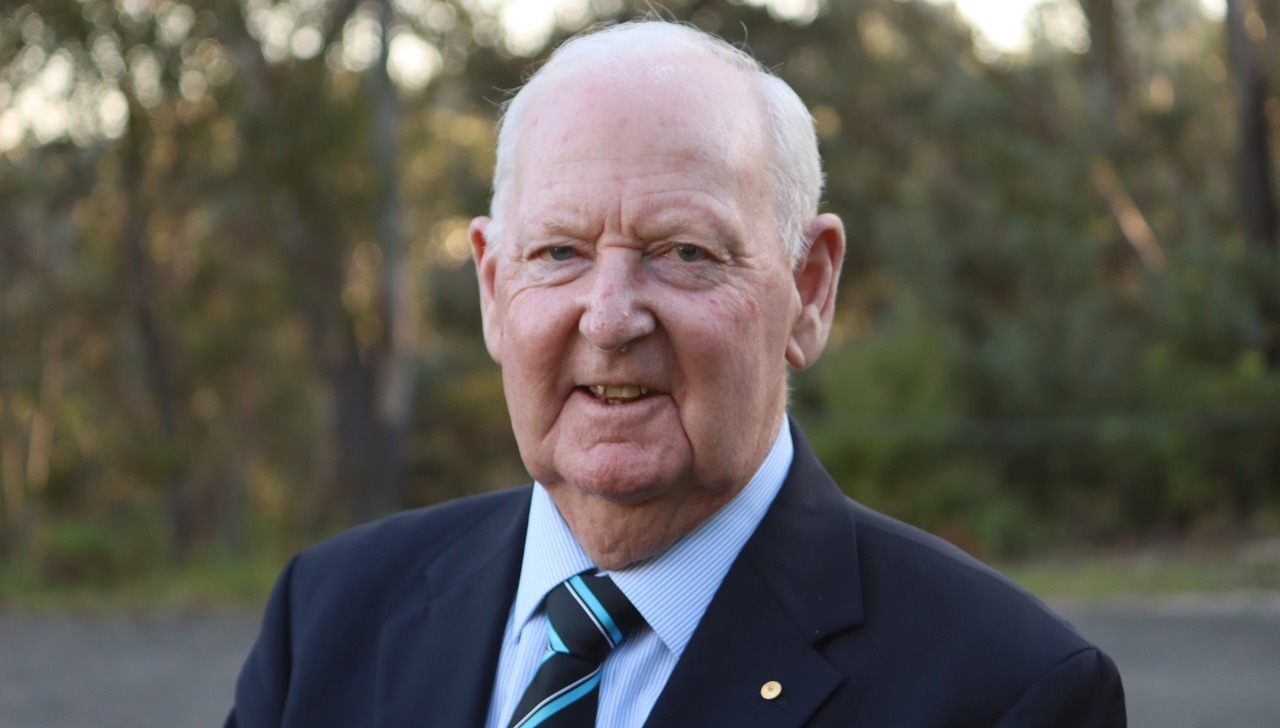 David North OAM
David North OAM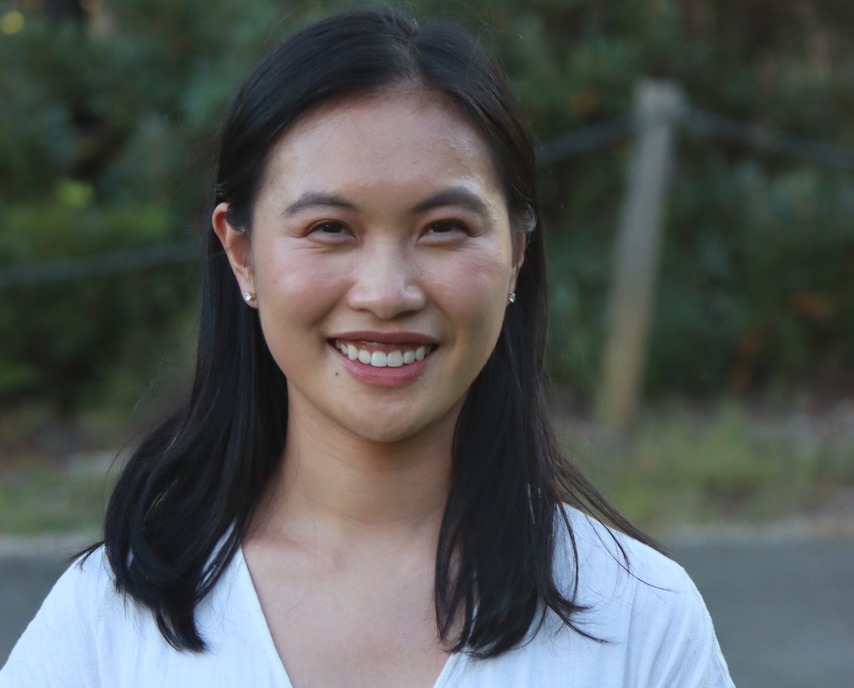 NSW Early Career Pharmacist of the Year Lily Pham
NSW Early Career Pharmacist of the Year Lily Pham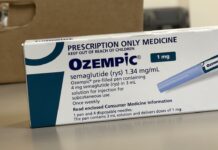



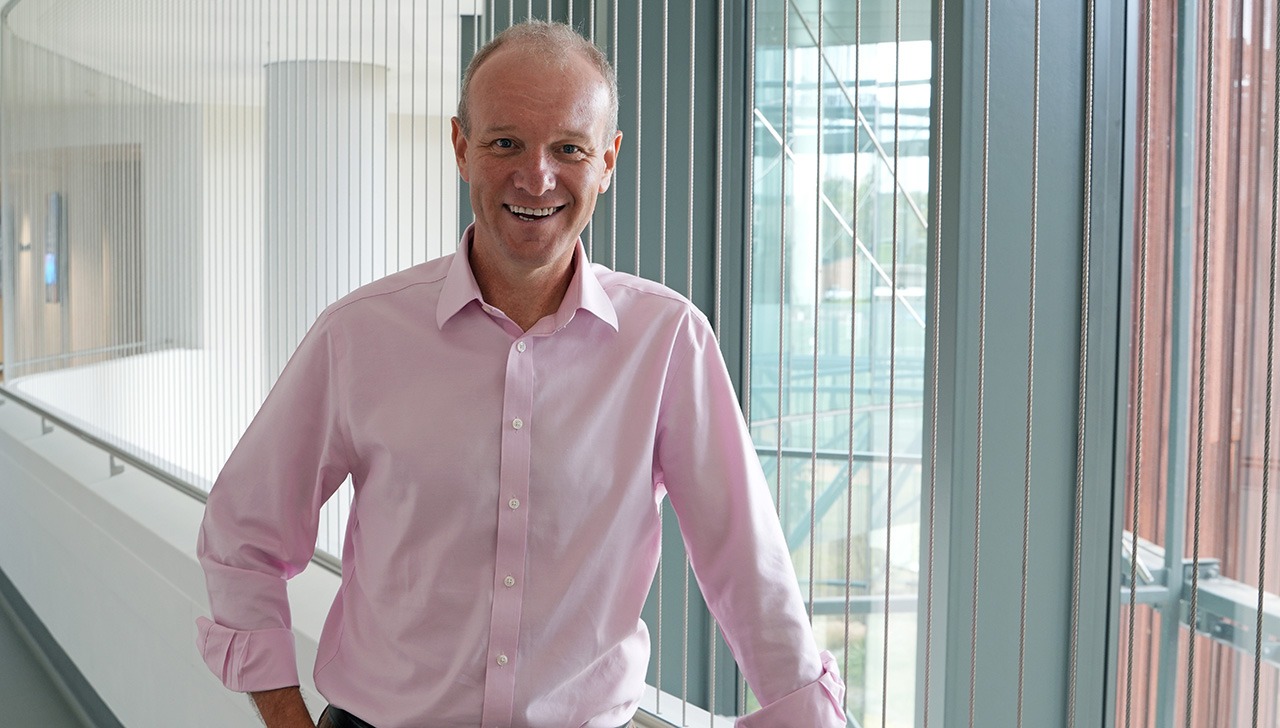 Professor Stephen Nicholls[/caption]
Professor Stephen Nicholls[/caption]
